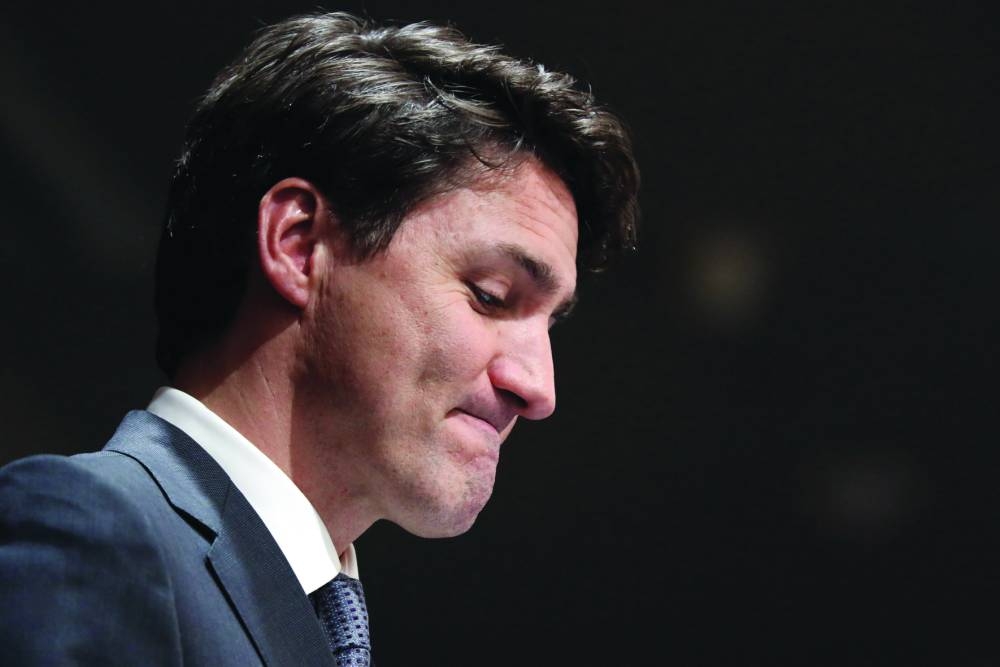A Canadian parliamentary committee led by an opposition Conservative Party lawmaker will hold meetings during legislative recess in hopes of expediting the defeat of Prime Minister Justin Trudeau’s government, the lawmaker said on Friday.
The House of Commons Public Accounts Committee will begin meetings on January 7 to consider and vote on a motion of no-confidence in the Liberal government, committee Chair John Williamson said in a letter to panel members.
The motion would have to ultimately pass in the House of Commons to defeat the government.
Parliament will reconvene on January 27.
Trudeau, in power since 2015, has been under increasing pressure to quit since his former finance minister Chrystia Freeland resigned on December 16.
Williamson, a Conservative lawmaker, said he was prepared to hold meetings throughout January with the goal of holding a non-confidence vote as early as January 30.
That would be weeks earlier than it would otherwise take an opposition party to propose such a motion.
Trudeau’s options have narrowed since New Democratic Party leader Jagmeet Singh, who has been helping keep the Liberals in power, said last week that he would move to bring down the minority Liberal government and trigger an election.
“It is now clear that the Liberal Government does not have the confidence of Parliament. Conservative, Bloc Quebecois and NDP members – representing a majority of MPs – have all announced they will vote non-confidence in the Liberal Government,” Williamson said in a copy of the letter he posted on social media.
Trudeau, however, could prorogue parliament, which would formally end the current session and prevent lawmakers from voting on a no-confidence motion.
Singh has said he would present a motion of no-confidence after the House of Commons elected chamber returns from the winter break but he did not say how his party would vote on motions introduced by other parties.
All opposition parties would need to back a single motion to bring down the government.
The Williamson-led panel has five Liberal MPs, four Conservative MPs, and one each from the NDP and the Bloc Quebecois.
Canadian governments must show they have the confidence of the House of Commons elected chamber.
Votes on budgets and other spending are considered confidence measures and if a government loses one, it falls. In virtually all cases, an election campaign starts immediately.

Trudeau: under increasing pressure to quit.
